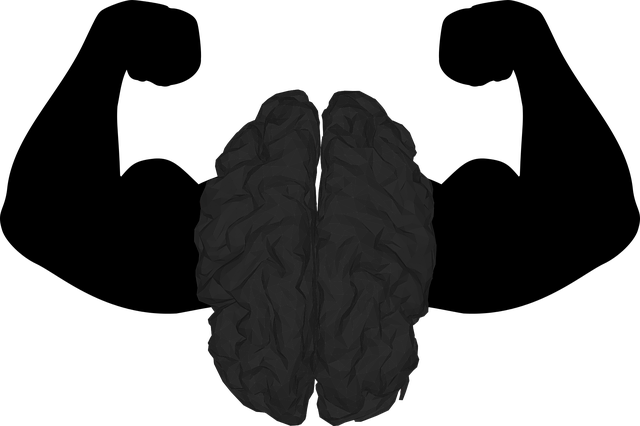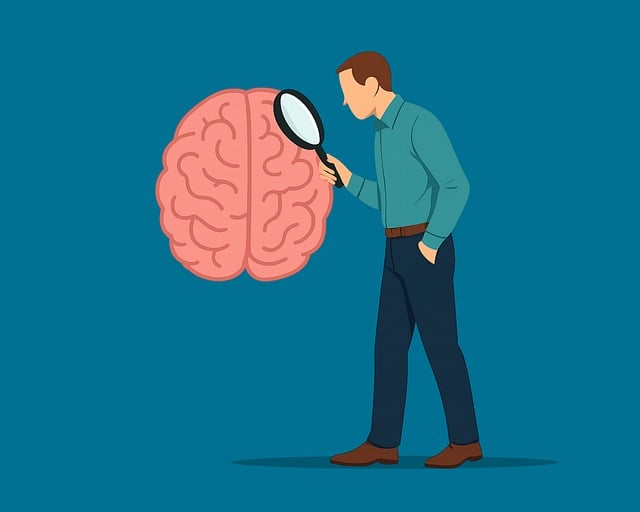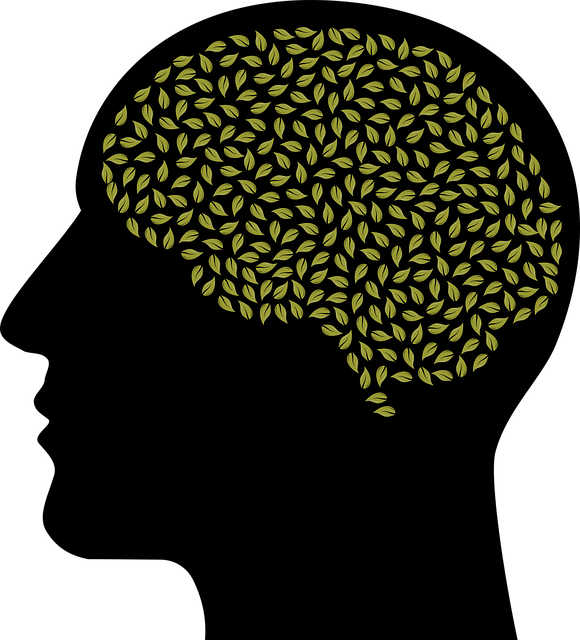Lone Tree Men's Issues Therapy focuses on social skills training as a key component for addressing mental health conditions in men. By teaching compassion cultivation, conflict resolution, and emotional intelligence, therapists help clients build supportive relationships, reduce anxiety, and improve overall well-being. Their proven approach includes role-playing scenarios, education programs, and tailored programs to enhance listening, empathy, and communication skills, leading to better relationships, increased community involvement, and a stronger sense of belonging.
Social skills training is a powerful tool for improving mental health outcomes. This comprehensive guide explores the intricate link between social abilities and psychological well-being, with a focus on practical strategies. We delve into effective therapeutic techniques to enhance interaction skills, drawing from the success stories of Lone Tree Men’s Issues Therapy. Discover how structured programs can foster connection, reduce isolation, and promote resilience in individuals managing various mental health conditions.
- Understanding the Connection Between Social Skills and Mental Health
- Strategies for Developing Social Skills in a Therapeutic Setting
- Real-World Application: Success Stories from Lone Tree Mens Issues Therapy
Understanding the Connection Between Social Skills and Mental Health

Social skills training is a vital component in addressing mental health conditions, especially for men seeking Lone Tree Mens Issues Therapy. Understanding the intricate connection between social interactions and emotional well-being is key to effective treatment. Mental health struggles often isolate individuals, making it challenging to navigate social situations and fostering feelings of loneliness and anxiety. These challenges can be exacerbated by difficulties in emotional regulation—a critical skill that helps individuals manage their responses to stress, anger, or trauma.
By integrating compassion cultivation practices into therapy, mental health professionals can empower clients with enhanced social skills. This involves teaching strategies for effective communication, empathy development, and risk management planning. Such approaches not only improve clients’ ability to connect with others but also promote better emotional regulation. As a result, individuals can build more supportive relationships, reduce social anxiety, and enhance their overall mental health and well-being.
Strategies for Developing Social Skills in a Therapeutic Setting

Social skills training is a powerful tool within Lone Tree Mens Issues Therapy to address and improve specific challenges faced by individuals with mental health conditions. In a therapeutic setting, therapists can employ various strategies to foster social competence. One effective approach involves teaching conflict resolution techniques, empowering clients to navigate interpersonal interactions with confidence and reduce potential triggers for distress. By role-playing different scenarios, individuals learn constructive ways to express their needs and manage disagreements, ultimately enhancing their ability to form meaningful connections.
Additionally, integrating mental health education programs designed with emotional intelligence at the core can profoundly impact social skills development. These programs encourage self-awareness, empathy, and effective communication. Through group discussions, activities, and individualized feedback, clients gain insights into their emotions and those of others, leading to improved relationships and a stronger support system. This holistic approach to social skills training in therapy creates an environment where individuals feel understood, equipped with valuable tools, and better prepared to thrive in social contexts.
Real-World Application: Success Stories from Lone Tree Mens Issues Therapy

At Lone Tree Mens Issues Therapy, we understand that social skills training is a powerful tool for those navigating mental health conditions. Our real-world application approach has yielded remarkable success stories, highlighting the transformative potential of our services. Many clients have found new confidence in social interactions, a significant improvement in their mental health awareness, and enhanced coping strategies to manage stress and trauma.
Through tailored programs, we equip individuals with essential skills to navigate social environments comfortably. By focusing on active listening, empathy, and effective communication, our clients gain the trust and support needed to thrive. These acquired abilities translate into better relationships, increased participation in community activities, and a greater sense of belonging—all vital components of recovery and overall well-being.
Social skills training has emerged as a powerful tool within mental health treatment, offering a holistic approach to enhancing well-being. As evidenced by successful programs like Lone Tree Mens Issues Therapy, integrating social skill development into therapeutic practices can lead to profound improvements in individuals’ lives. By addressing the connection between social interactions and mental health, professionals can equip individuals with the necessary tools to navigate relationships, fostering a sense of belonging and overall resilience. This tailored approach has the potential to revolutionize support systems for those facing various mental health challenges.










